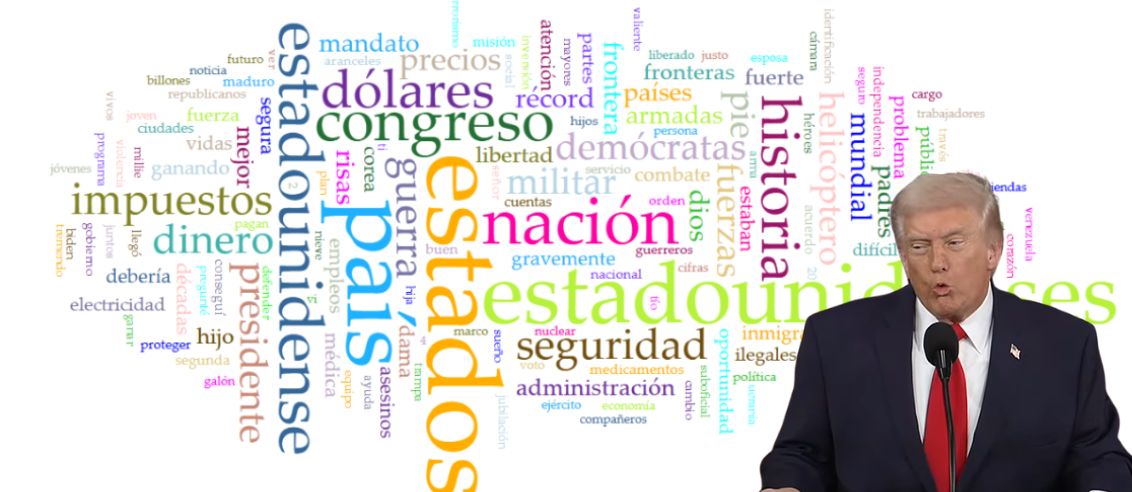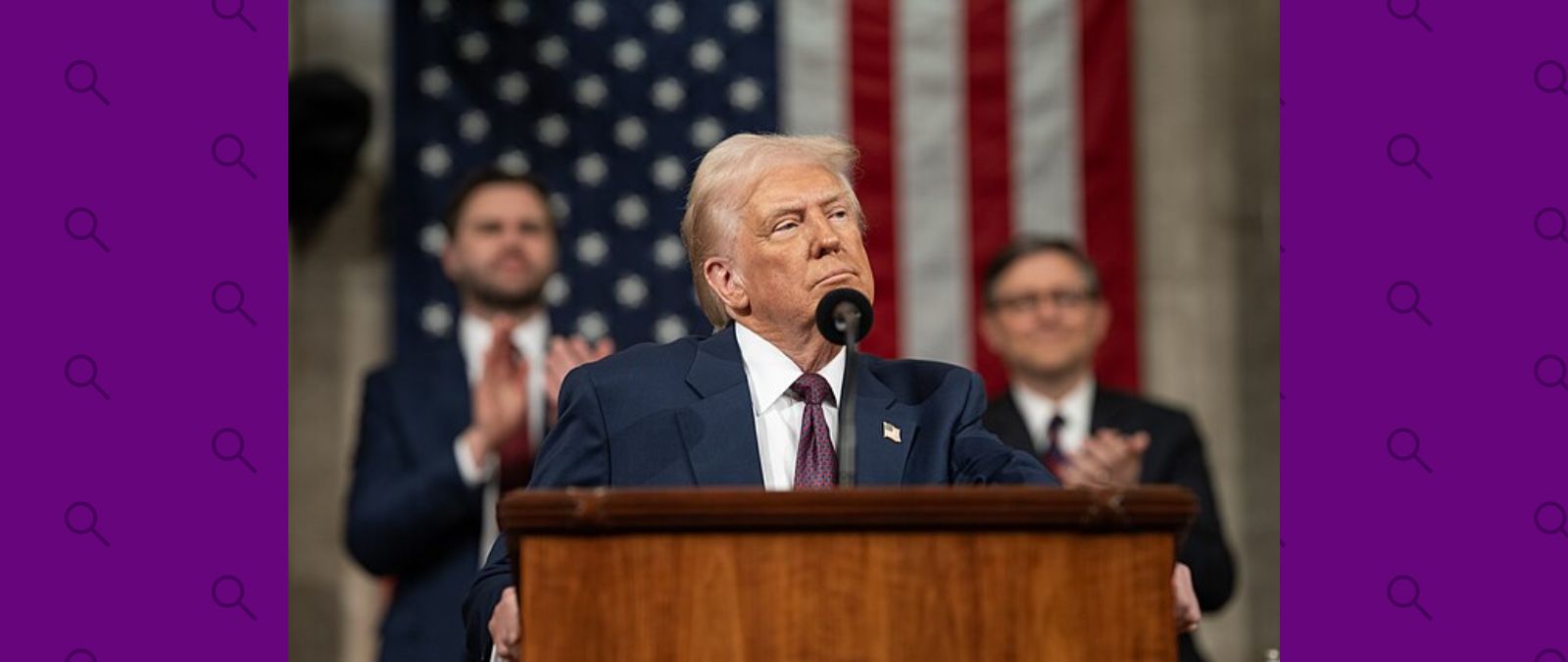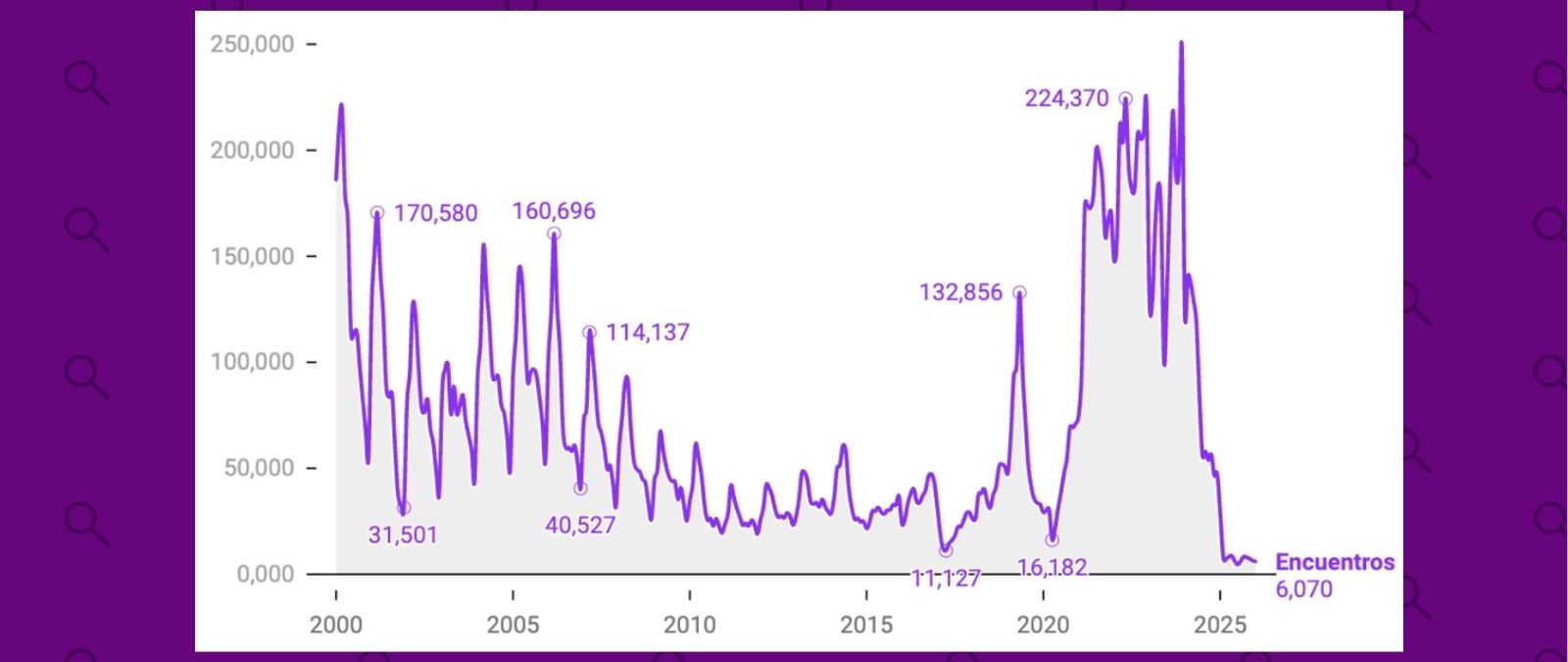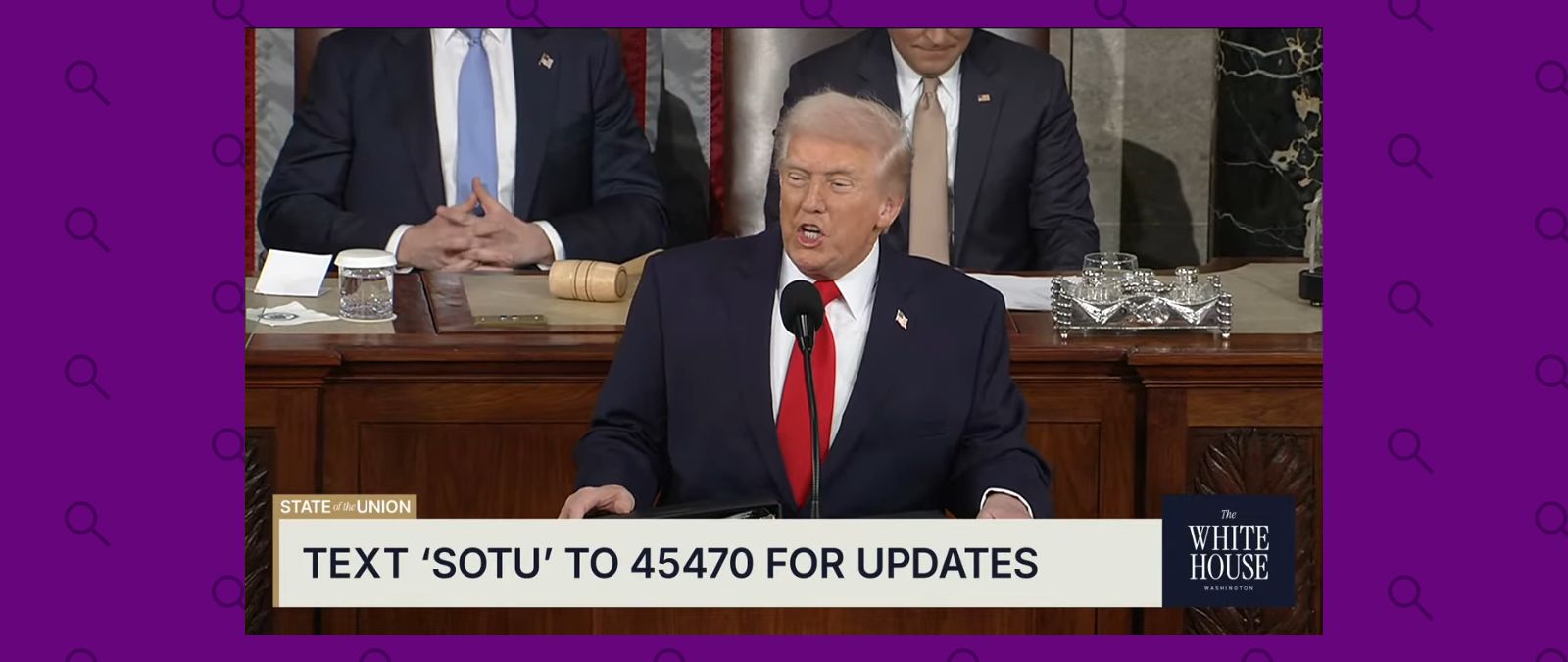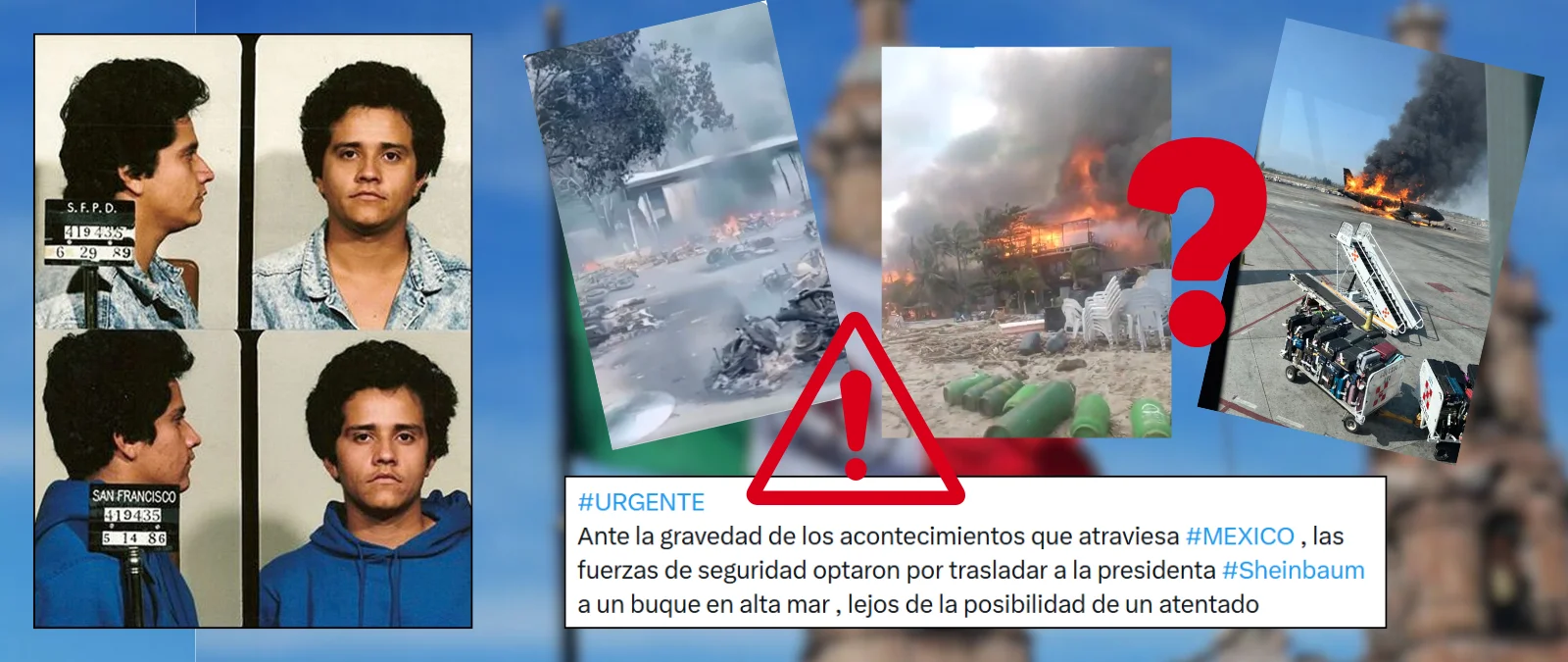In federal elections (for president and vice president, the Congress and the Senate), only U.S. citizens can vote, as we explained in this article by Factchequeado. Any other person, even if they are legal residents and green card holders, are forbidden to vote. If they do vote, they can get fines, go to prison and be deported to their home countries.
Lee esta historia en español haciendo clic aquí.
According to the Brennan Center for Justice, one of Factchequeado’s allies, cases of immigrants that vote illegally without having citizen status are “extremely rare” in the United States. After several years gathering academic studies and official investigations, the number of cases they were able to confirm is really low. In New Mexico, for instance, the state with the highest percentage of Latino voters in the country, an investigation from 2011 found evidence against 9 voters out of 1.2 million: a 0.0075% of deceive.
Authorities in each state are responsible for confirming that non-citizens do not vote. According to the National Voter Registration Act, to register to vote, applicants must declare under penalty of perjury that they are U.S. citizens. We can see a sample of the submission to complete in California, the state with the highest number of Latino voters.

But how can the government tell if somebody is lying when claiming to be a U.S. citizen? According to the Bipartisan Policy Center, a non-profit organization, most states cross-reference information provided by the voter when registering with data available in federal databases, such as the Social Security Administration. In addition, many states may run additional checks.
Arizona, Georgia or Texas compare the information with other official records, like the jury list dismissal due to non-citizen status, according to the National Conference of State Legislatures (NCSL). Other states use different processes, like Pennsylvania, that uses data from driving licenses, or Oregon, that demands applicants documentation that verifies they are citizens.
Non-citizens that vote in federal elections can go to jail and be deported
Federal law punishes any foreigner that votes in federal elections with up to 1 year of prison and a fine. Besides, that person would also be committing perjury since the National Voter Registration Act of 1993 specifies that to be registered to vote, one must declare to be a citizen under oath. Perjury can add a prison sentence of up to 5 years.
For immigrants that are permanent residents and green card holders, consequences can go even further. In 2015, immigration courts declared that non-citizens can be deported for participating in federal elections. The most famous case is the one of Margarita del Pilar Fitzpatrick, a Peruvian citizen that was registered to vote by mistake and was deported after living in the U.S. for 15 years with her three American daughters, who remained there.
Can non-citizens vote in other elections besides federal?
The National Voter Registration Act we mentioned before only applies to federal elections. There are several states that allow non-citizens to vote in local and municipal elections. According to Ballotpedia, a non-profit organization that spreads information on elections, residents of the District of Columbia and several cities in California, Maryland and Vermont can vote in some local elections, even if they are not U.S. citizens.
The city of San Francisco, for instance, allows parents of school-age children to participate in local board of education elections, even if they are not citizens. The so-called “Proposition N” was approved by San Francisco voters in a referendum, and deemed unconstitutional by some people that opposed it, but a California court declared in 2023 that the measure is permissible under the state’s Constitution.
Factchequeado is a verification media outlet built by a Spanish-speaking community to tackle disinformation in the United States Do you want to be part of it? Join us and verify the content you receive by sending it to our WhatsApp +16468736087 or to factchequeado.com/whatsapp.
You can read other articles of our #ElectoralExplainer here.





